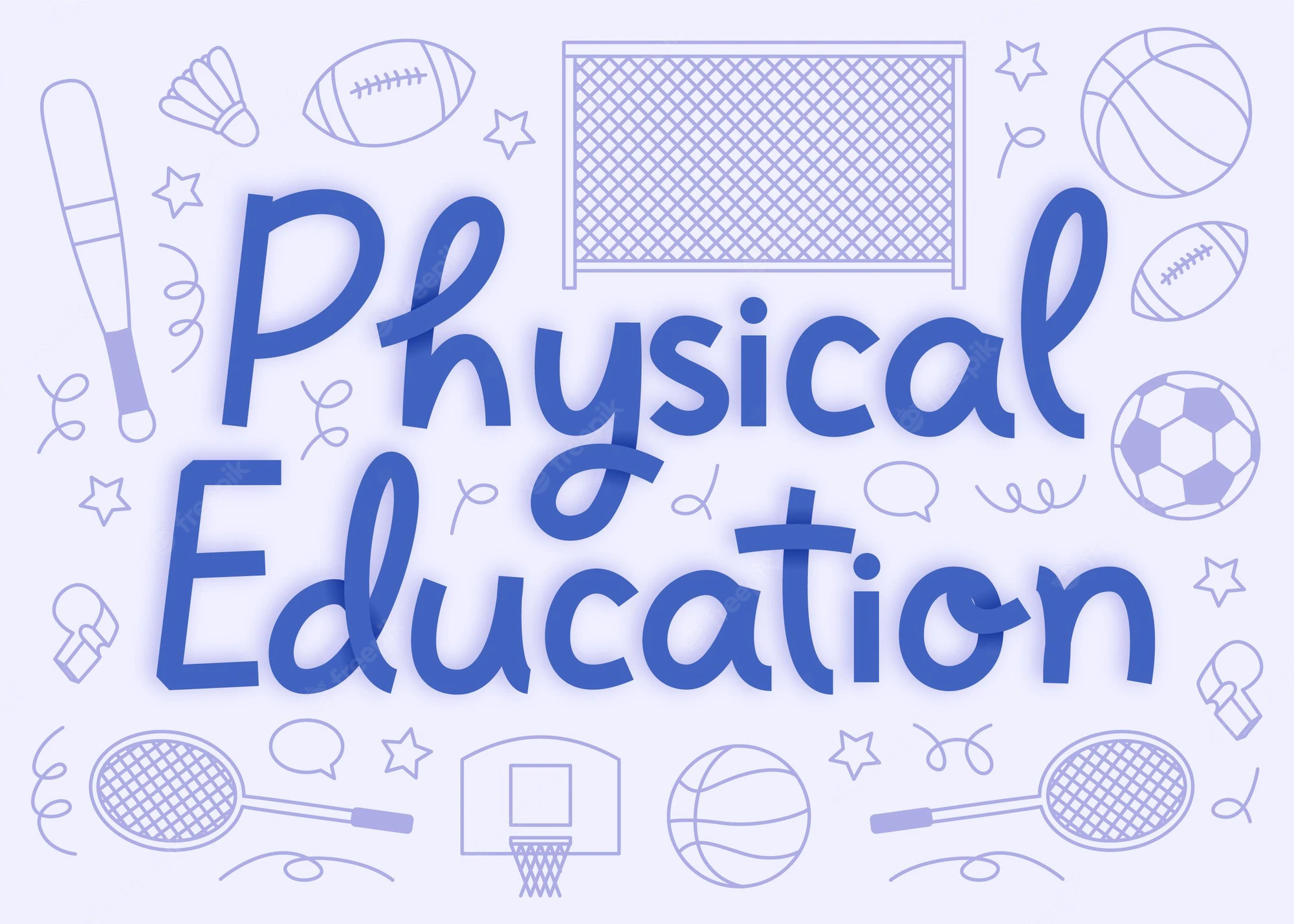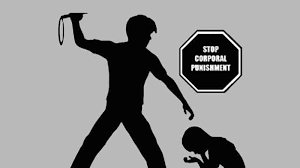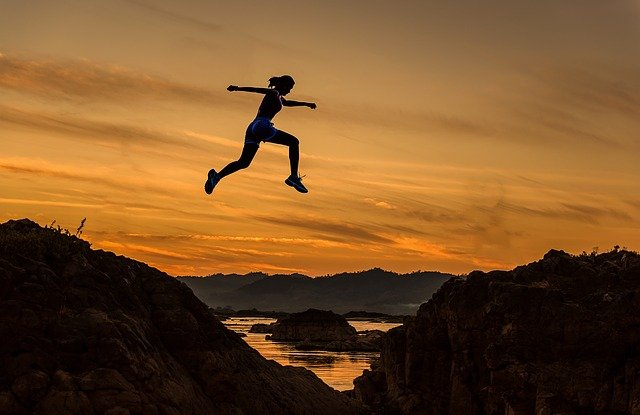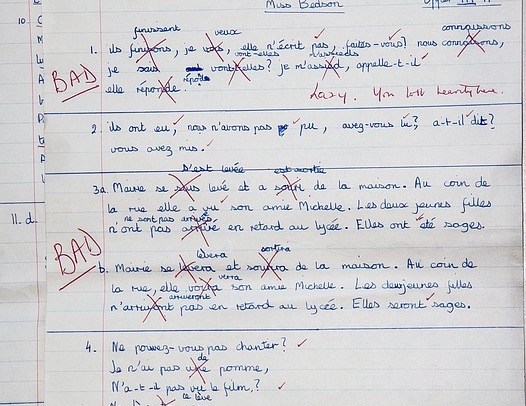very good lessons here
Score High in JAMB With EduPadi CBT App
Practice JAMB CBT, get instant results, and understand solutions in-depth with smart AI insights.

Physical Education: Everything You Need To Know

Are you a student planning to study and build a career in Physical Education?
If yes, this article will guide and explain everything you need to know about Physical Education.
But let's quickly look at the meaning of P.E.
What Is Physical Education?
Physical Education is a study aimed to develop and build students' physical competence, knowledge of movement and safety, and the ability to use these to perform in a wide range of activities connected with the development of an active and healthy lifestyle.
However, the main objectives of physical education are to: develop motor abilities like strength, speed, endurance, coordination, flexibility, agility, and balance.
Why? Because they are crucial aspects for good performance in different games and sports.
A Brief History Of Physical Education In Nigeria
How did Physical Education come into existence? Let's look into it.
Physical and Health Education was introduced as a subject within Nigerian schools in the southern part of the country in 1948.
In the 1950s, it became part of the courses for teacher training in the country.
Who Introduced Physical Education In Africa?
The first initiators were the missionaries. They established educational institutions that include Physical education, sports, and games in the country.
And this led to the introduction of sports programs in local schools in 1918.
In the long run, the establishment of private schools increased physical training and programs, which brought great development to the subject in Nigeria.
RECOMMENDED: 10 Powerful Ways To Improve Your Academic Performance
Importance Of Physical Education
Does Physical Education have any importance in the lives of students?
Many students have neglected the importance of this subject. They lacked basic knowledge of physical education, which is why they find it hard to strike a balance between their academy and sports.
Physical education is crucial to the development of students' physical, emotional and mental health.
For a student to cherish physical training and programs, he must first understand the importance of physical education.
1. Boost Self-Confidence
Regular exercise helps build confidence by improving your body image.
This activity strengthens the body, and seeing this improvement can greatly boost your self-confidence and help you feel better about the way you look.
2. Increase The Level Of Concentration And Focus
Research has shown that students who play sports or are involved in fitness activities are super focused.
The students who are athletic by nature are alert and efficient, and effective in academics.
3. Reduces Anxiety And Depression
Constant exercise is one way to ensure students don't fall into these traps.
Engaging in fitness activities will keep their bodies healthy.
Every student needs to be physically active to keep their mental health on track.
4. Physical activity is necessary for healthy growth and development.
Nowadays, many students eat unhealthy foods. Regular consumption of these foods can lead to obesity in children.
Physical education at school helps prevent obesity and high blood pressure.
Physical exercise and activities help burn extra calories. If these calories are not burned, they are stored as fat.
Through physical exercise, individuals use their extra calories to gain energy.
In addition, such activities play a crucial role in the healthy growth and development of bones and cartilage.
5. Good Sleep
Good sleep is an essential part of a happy and healthy life.
Students who engage in regular physical activity and exercise have exhausted body that craves better sleep.
A decent night's sleep increases students' focus and concentration and improves their attention span.
The importance of physical education plays a crucial role in the development and growth of a student's life.
It clearly shows that physical exercise and training should not be taken with levity in schools.
Benefits Of Physical Education
We all know that physical education helps improve fitness and regular exercise.
However, physical education is not limited to exercise only. There are much more benefits you can gain from P.E, such as:
1. Improves Peer Relationships
Building an engaging community and relationship between students of different backgrounds and personalities requires good communication skills.
Physical education classes may be a strong force to connect students to interact, participate and work together as a team in any sports activity.
2. Provides Stress Relief
Engaging in recreational activities, sports, or other forms of physical fitness is one good way to relieve stress.
Research has shown that constant exercise releases a hormone called serotonin, which helps to reduce stress and anxiety.
3. Helps Students Get Good Grades
Physical education is an essential part of every child's overall education from kindergarten through college.
It is required to increase students' physical competence, health fitness, motivation, and enjoyment of physical activities.
So that they can be physically and mentally fit in their academics and daily lives.
4. Self-discipline
Students who engage in constant physical training are likely to be self-disciplined.
Through physical education, self-discipline helps you to do more and make you resilient even in tough situations.
Students who exercise daily find it easier to build positive habits and skills, which helps them to scale through life.
READ ALSO: 7 Secrets To Pass Your Exams With Less Reading
Why Is Physical Education Important In Schools?
Physical Education is the only subject in the school's curriculum that helps students to cope with physical and emotional health and fitness.
Without this subject, many students would have been exposed to diseases and unhealthy lifestyles that can lead to poor performance in their academics and studies.
It also helps students to scale up and get good grades in their academic subjects.
Career Options In Physical Education
If you are a student planning to build a career in physical education, you will learn a range of skills from studying the course that will help you in your future career.
More so, there are a variety of career options in physical education that you can choose from.
These include:
- Adaptive Physical Education Specialist
- Adventure/Outdoor Educator
- Aerobics Instructor
- Athletic Coach
- Athletic Director
- Athletic Trainer
- Camp Director
- College Instructor/Professor
- Community Sports Director
- Corporate Wellness Specialist
- Dance Instructor
- Director of Intramural Sports
- Director of Marketing
- Director of Operations
- Early Childhood Motor Skills Instructor
- Education Administrator
- Exercise Physiologist
- Facility/Venue Manager
- Fitness Instructor
- Health/Fitness Consultant
- Health Promotions Director
- Health Researcher
- Human Kinetics Specialist
- Nutritionist
- Occupational Therapist
- Personal Trainer
- Physical Education Teacher
- Physical Health Advocate
- Physical Therapist
- Player Agent/Representative
- Professional Sports Scout
- Public Relations Specialist
- Recreation Center Manager
- Recreation Therapist
- Referee/Umpire
- Rehabilitation Specialist
- Sports Broadcaster
- Sports Journalist
- Sports Information Director
- Sports Marketing Specialist
- Sports Medicine Physician
- Sports Nutritionist/Dietitian
- Sports Psychologist
- Sports Statistician
- Strength & Conditioning Coach
- Tournament Director


